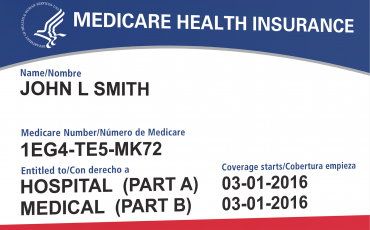Medicare covers routine preventive care regardless of gender markers.
Medicare covers routine preventive care, including mammograms, pelvic and prostate exams. Medicare has to cover this type of care regardless of the gender marker in your Social Security records, as long as the care is clinically necessary for you. The Medicare manual has a specific billing code (condition code 45) to assist processing of claims under original Medicare (Parts A and B). This billing code should be used by your physician or hospital when submitting billing claims for services where gender mis-matches may be a problem.
Medicare covers medically necessary hormone therapy.
Medicare also covers medically necessary hormone therapy for transgender people. These medications are part of Medicare Part D lists of covered medications and should be covered when prescribed. Private Medicare plans should provide coverage for these prescriptions. All Medicare beneficiaries have a right to access prescription drugs that are appropriate to their medical needs.
Medicare covers medically necessary transition-related surgery.
For many years, Medicare did not cover transition-related surgery due to a decades-old policy that categorized such treatment as "experimental." That exclusion was eliminated in 2014, and there is now no national exclusion for transition-related health care under Medicare.
In practice, this means coverage for transition-related care will be decided on a case-by-case basis, no different than how Medicare handles coverage for most other medical treatments. For example, in 2015 the Medicare Appeals Council issued a decision ordering a Medicare plan to pay for transition-related surgery for a transgender woman because it was reasonable and necessary to treat gender dysphoria.
Some Medicare Advantage plans and local Medicare contractors have specific policies for coverage of transition-related care that serve as guidelines for their decision to authorize coverage.



